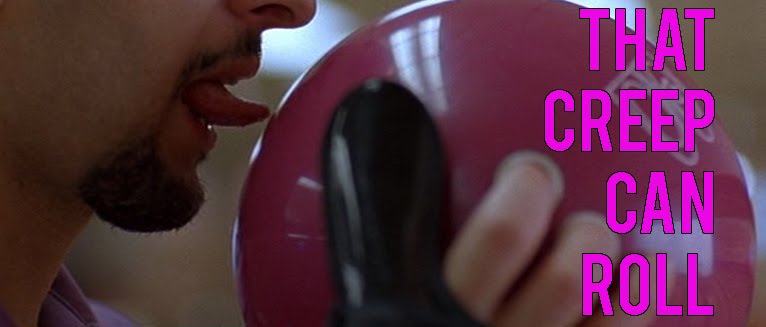
I Confess
This is very much one of the ‘lesser’ Hitchcocks. It doesn’t feature an awful lot in discussions of his canon and, ashamedly, is one of his that’s completely passed me by.
Montgomery Clift cuts an unnaturally dashing priestly figure as Father Michael Logan who, during the course of a confession, hears an admission of murder committed by the church’s caretaker. The problem is Logan becomes the chief suspect and, by nature of his holy vows, is unable to turn-in the true perpetrator. Even if he were to break his vows, his alibi risks revealing a forbidden desire that still lingers.
It’s very much a low-key ethics story dealing in the dual themes of duty and desire. Does obligation take precedence over justice, and does (repressed) passion take precedence over obligation? The film takes some cues from film noir and German Expressionism with long shadows cast as crimes are committed and highly dramatised lighting throwing stark relief upon this notion of duality. The architecture of the Québécois location is utilised to great effect, particularly in the way religious buildings and artifacts are shot from low angles in high contrast.
Father Logan’s emotionally torn priest should be an interesting character. His previous relationship with Ruth (Anne Baxter) and the simmering, unrequited tension it creates should be able to hold the attention. The problem may be in either performance or concept but the fact that Logan is duty-bound to keep schtum makes for an infuriatingly sombre lead, always being dominated by events and never taking control of them.
In saying that, after a slow start, the film picks up when the back story begins to emerge. It never truly becomes successful until the flashback scenes which give some much-needed motivation to the characters. The interaction between Clift and Baxter is well played, never quite breaking out into full melodrama.
It’s never intended to be a murder mystery in much the same way as Rear Window, Strangers On A Train and Rope from the same period. You know ‘who did it’ from-the-off and all the tension stems from how events surrounding the murder will play out in relation to central character. In fact, it’s probably most impressive, if slightly obvious, when it reaches the inevitable courtroom drama stages.
While never reaching the dizzying brilliance of some of Hitch’s comparable work of the same era, even a lower-strata Hitchcock is still a cut above many other thrillers, modern or contemporary.
3/5


No comments:
Post a Comment